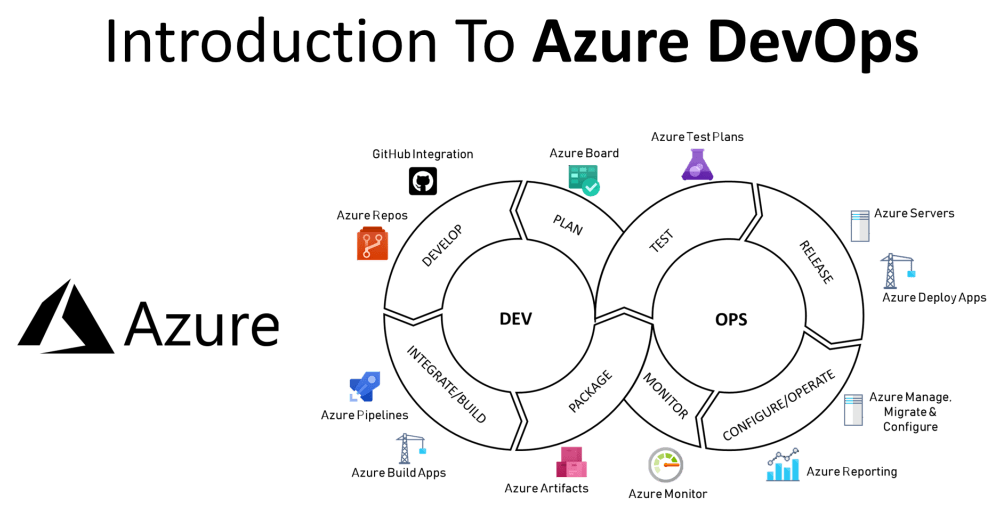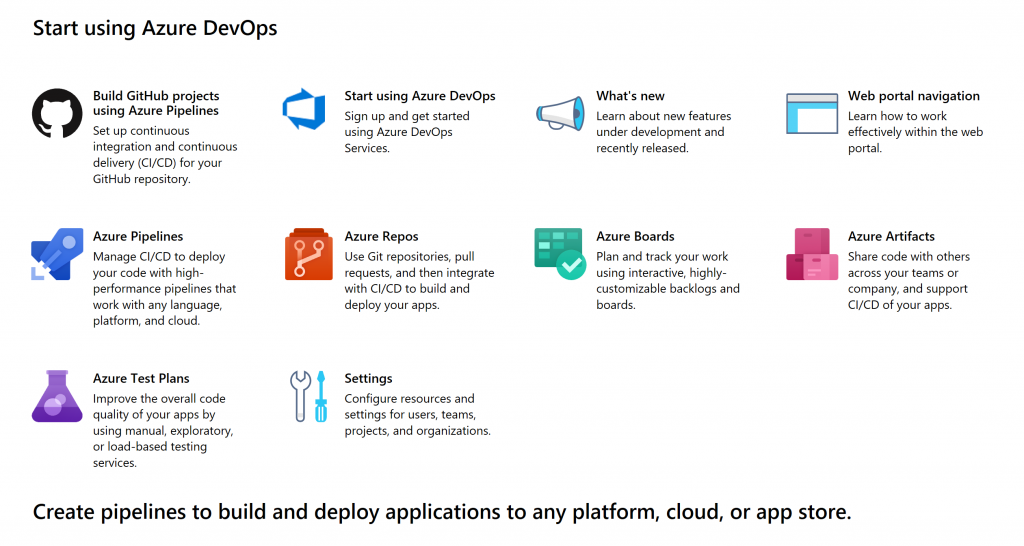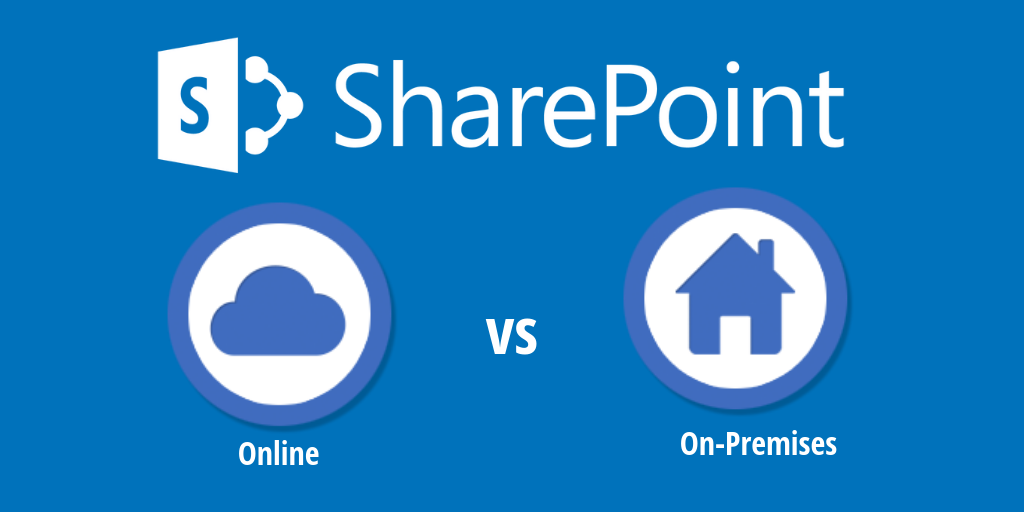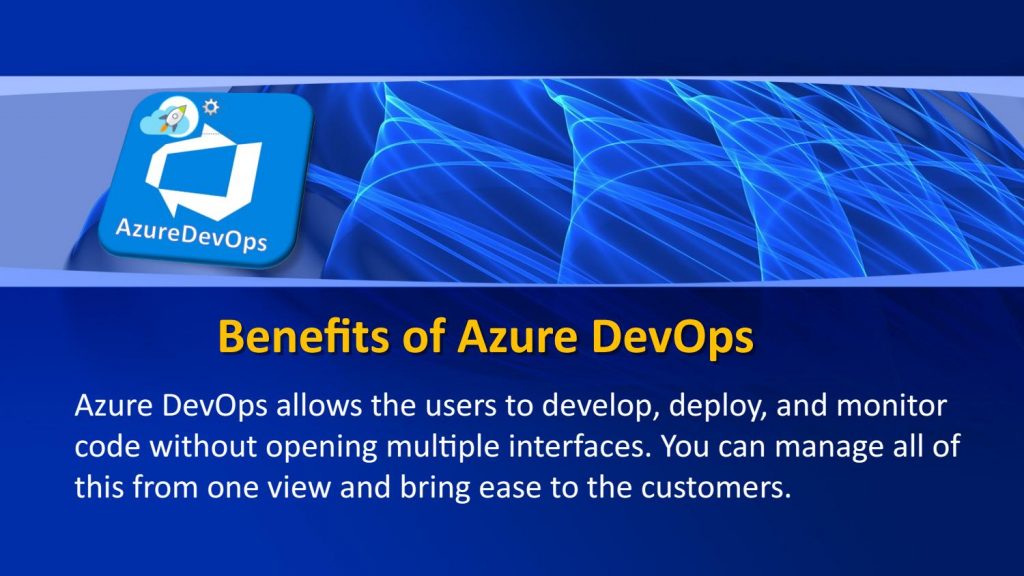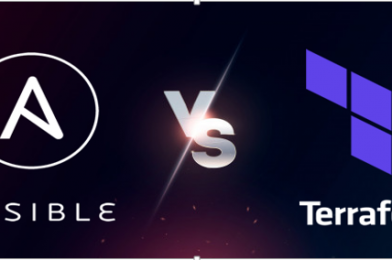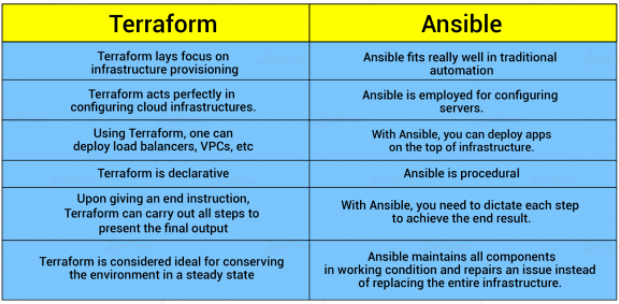
Hey there! Are you interested in getting the DevOps Foundation Certification? Well, you’ve come to the right place! In this article, we’ll dive deep into the world of DevOps and explore how you can obtain this valuable certification. So, grab a cup of coffee, and let’s get started!
What is DevOps Foundation Certification?
DevOps Foundation Certification is a foundational level certification offered by the DevOps Institute. It is designed to validate the knowledge and skills of professionals who want to understand the principles of DevOps and how to apply them in their organization.
The DevOps Foundation Certification exam covers the following topics:
- The principles of DevOps: This includes understanding the key concepts of DevOps, such as continuous integration and continuous delivery (CI/CD), infrastructure as code (IaC), and automation.
- The role of security in DevOps: This includes understanding the importance of security in the DevOps pipeline and how to implement security best practices.
- The tools and technologies of DevOps: This includes understanding the different tools and technologies that are used in DevOps, such as version control systems, CI/CD tools, and IaC tools.
Why DevOps Certification is important?
Here are some of the specific benefits of getting a DevOps certification:
- Increased job opportunities: DevOps professionals are in high demand, and a certification can help you to stand out from the competition.
- Higher salary: DevOps professionals typically earn higher salaries than those in other IT roles. A certification can help you to negotiate a higher salary.
- Better career advancement opportunities: A certification can help you to advance your career in DevOps and take on more senior roles.
- Improved knowledge and skills: A certification can help you to learn about the latest DevOps practices and tools, which can make you a more valuable asset to your team.
- Increased confidence: A certification can give you the confidence to take on new challenges and responsibilities in DevOps.
What are the tools needed to learn for a strong DevOps Foundation?

These are just some of the essential tools that you need to learn for a strong DevOps Foundation. The specific tools that you need to learn will depend on the specific needs of your organization. However, by learning these essential tools, you will be well on your way to becoming a successful DevOps engineer.
In addition to the tools listed above, there are a few other tools that you may want to consider learning, such as:
- Containerization tool: A containerization tool is used to create and manage containers. The most popular containerization tools are Docker and Kubernetes.
- DevOps automation tool: A DevOps automation tool is used to automate the entire DevOps lifecycle. The most popular DevOps automation tools are Ansible, Chef, and Puppet.
- Security tool: A security tool is used to scan code and infrastructure for vulnerabilities. The most popular security tools are Nessus, QualysGuard, and Tenable.
How DevOpsSchool’s is best for DevOps Foundation Certification?
DevOpsSchool is a great option for DevOps Foundation Certification. The course is comprehensive, well-taught, and comes with a number of features that will help you succeed.
In addition to the features mentioned above, DevOpsSchool also offers a number of other benefits, such as:
- A supportive community of learners: The DevOpsSchool community is a great place to ask questions, get help, and connect with other DevOps professionals.
- Regularly updated content: The DevOpsSchool course content is regularly updated to reflect the latest changes in the DevOps landscape.
- Access to additional resources: DevOpsSchool offers a number of additional resources, such as cheat sheets, flashcards, and blog posts, to help you prepare for the DevOps Foundation exam.











